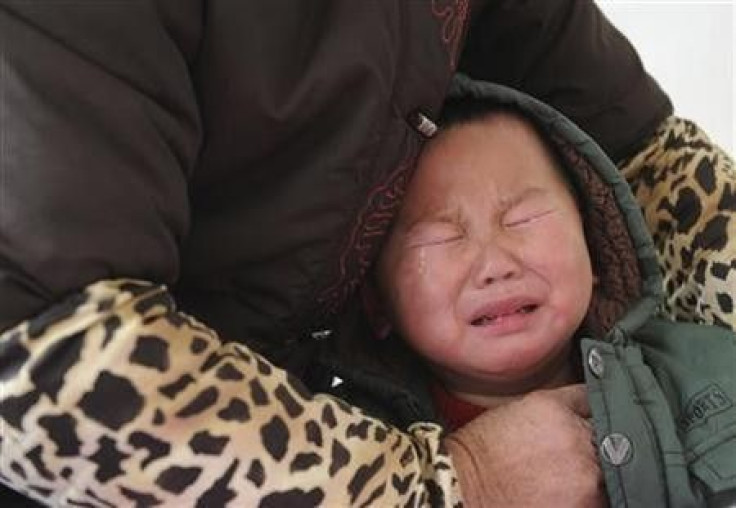China plans to rein in heavy metal pollution

China's environmental protection agency has vowed to curb heavy metal pollution in a bid to cut widespread industrial contaminants like lead that have poisoned children and sparked protests.
The world's top consumer and producer of lead, China has struggled to rein in polluting industry under lax environmental regulations as the country's economy grows rapidly. Lead-poisoning, especially in children, has roused public anger.
The prevention of heavy metal pollution concerns the health of the people, especially children's health, and concerns social harmony and stability, Minister of Environmental Protection Zhou Shengxian said in a speech on Friday. The summary of the speech was published on the ministry's website on Tuesday.
In a fresh plan outlined by Zhou, Beijing will aim to cut pollution in key regions and industries, including lead-acid battery manufacturing and lead smelting, by 15 percent of 2007 levels by 2015.
Other non-focus areas that do not exceed 2007 levels for heavy metal pollution will have been considered effectively controlled, Zhou said.
The plan will include provisions to make local officials accountable for reduction targets, Zhou said, adding that serious investigations will take place if regions do not meet requirements of the plan.
China has repeatedly promised to clean up its distressed environment. But it often fails to match rhetoric with the resources and political will to enforce Beijing's mandates, as officials put economic development ahead of environmental protection.
In January, more than 200 children living near battery plants in eastern China showed elevated levels of lead in their blood, prompting parents to demand compensation from the government.
Lead is not the only heavy metal wreaking havoc on China's environment and the health of citizens.
Chinese gold miner Zijin Mining has been ordered to pay millions of yuan in fines for its role in a series of environmental lapses, including 2010 waste water leaks at its Zijinshan copper and gold mine in Fujian province that dumped toxins into the Ting river.
The China Daily last week cited a study by a professor at Nanjing Agricultural University showing 10 percent of China's rice market, and more than 60 percent of rice grown in some southern provinces, may contain high levels of cadmium.
Cadmium can damage the lungs, blood, heart and kidneys with long-term exposure.
Greenpeace's China campaign manager Yang Ailun said pollution accidents in China have been on the rise in the past five years, and the next five could be worse.
The old facilities that were put in place 20 years ago, many of them are starting to expire or breakdown, Yang told Reuters.
The next five years are really important if they (the government) want to put in place more safeguard measures.
© Copyright Thomson Reuters 2024. All rights reserved.











